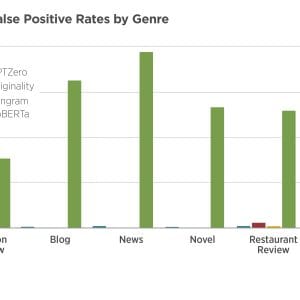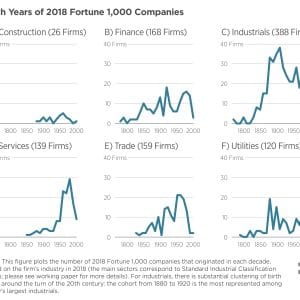- About
- Network
- Research Initiatives
- Big Data Initiative
- Chicago Experiments Initiative
- Health Economics Initiative
- Industrial Organization Initiative
- International Economics and Economic Geography Initiative
- Macroeconomic Research Initiative
- Political Economics Initiative
- Price Theory Initiative
- Public Economics Initiative
- Ronzetti Initiative for the Study of Labor Markets
- Socioeconomic Inequalities Initiative
- Research Initiatives
- Scholars
- Research
- Human Capital Accumulation Across SpaceKlaus Desmet, Dávid Krisztián Nagy, and Esteban Rossi-HansbergBond-Stock ComovementsJohn Y. Campbell, Carolin Pflueger, and Luis M. ViceiraTapping Business and Household Surveys to Sharpen Our View of Work from HomeJosé María Barrero, Nicholas Bloom, Kathryn Bonney, Cory Breaux, Catherine Buffington, Steven J. Davis, Lucia Foster, Brian McKenzie, Keith Savage, and Cristina Tello-Trillo
- Insights
Videos
BFI Youtube Channel
- Events
Upcoming Events
- News











